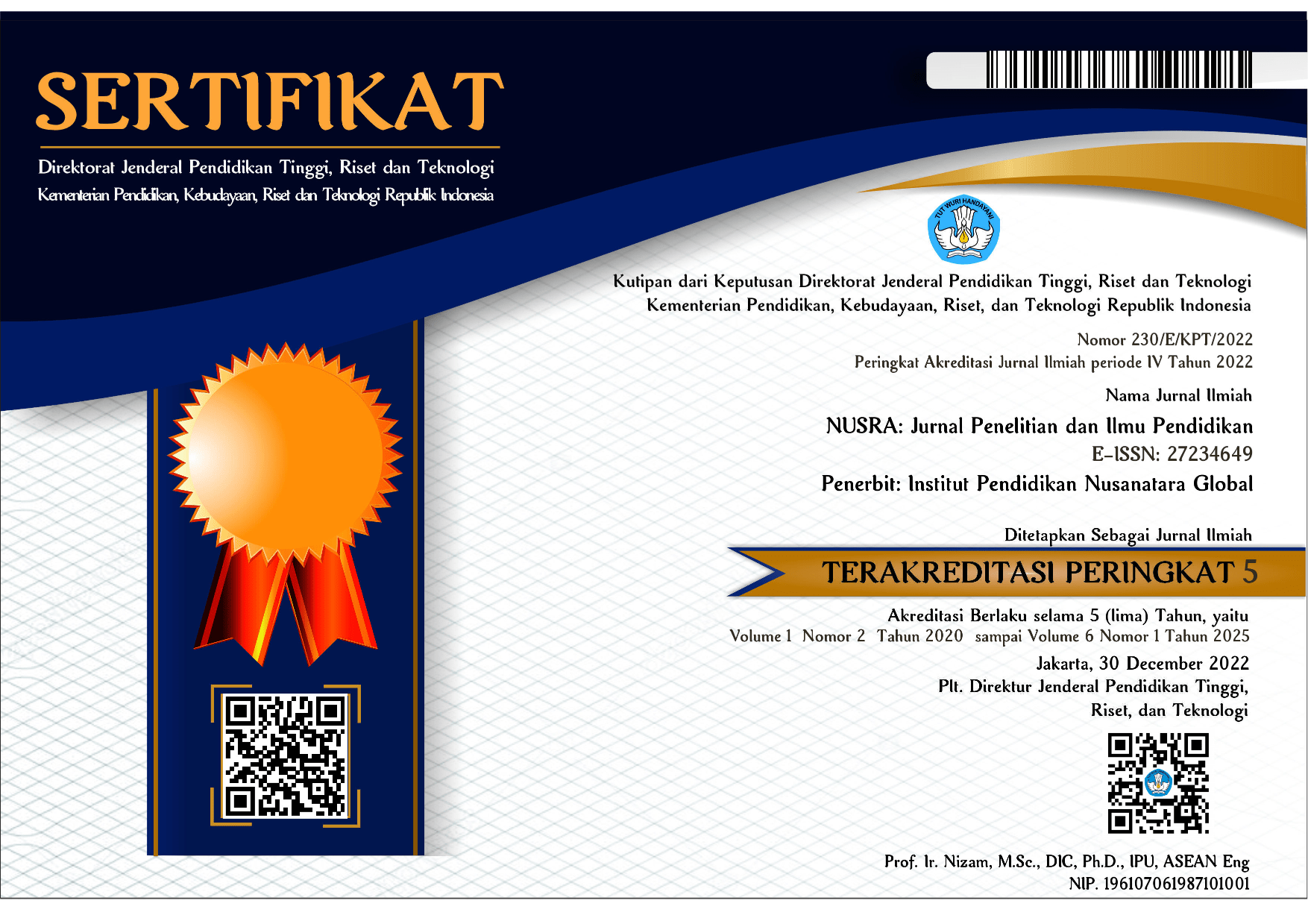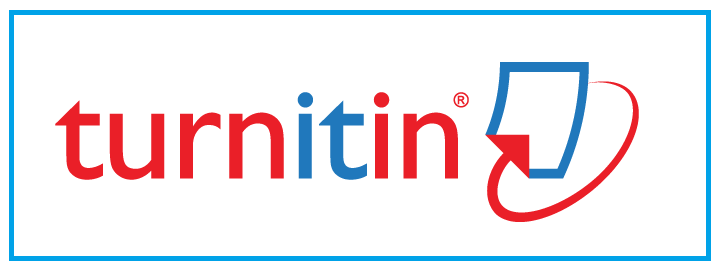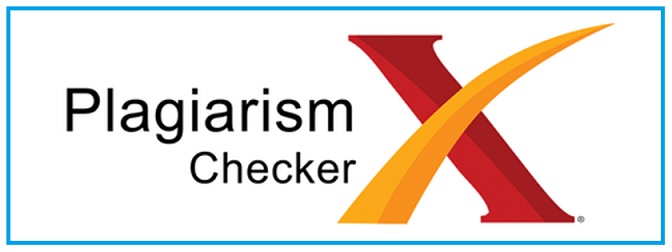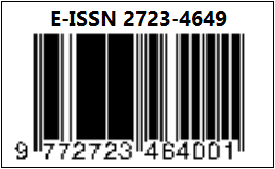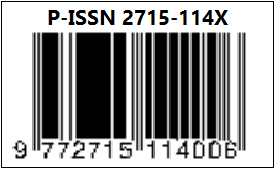PENGGUNAAN MEDIA PEMBELAJARAN AUDIO VISUAL BERUPA MUSIK BERBAHASA INGGRIS UNTUK MENGEMBANGKAN VOCABULARY SISWA KELAS V SD TRI GUNA BHAKTI SURABAYA
DOI:
https://doi.org/10.55681/nusra.v4i3.1313Keywords:
Audio Visual Media, Music, Vocabulary, EnglishAbstract
Technological developments are currently getting faster, where everyone uses technology including in the world of education, such as assignments using applications or platforms. Most of the applications and platforms use English. So this research is a solution for students who have difficulty mastering English vocabulary. The purpose of this study is to describe the use of audio-visual media in the form of music and to describe students' mastery of English vocabulary after learning to use audio-visual media in the form of music. This research method uses a qualitative descriptive research method. The object used is the fifth grade students of Tri Guna Bhakti Elementary School. The data collection technique used by the author is observation and a written test as a measure of the results of increasing the students' vocabulary. The results on students' English vocabulary mastery were seen from the results of the written test after using audio-visual in the form of music, where the results of the students' written tests in grade V showed quite well with results in general including above average, where there were 21 students with an average of 75.2, which at first when doing questions and answers students could not answer, now many students get good grades, there are even 2 students who get a score of 100. So in general the conclusion shows that audio-visual media is good for increasing vocabulary, fifth grade students at SD Tri Guna Bhakti Surabaya.
Downloads
References
Darmadi, D. H., & PD, M. (2019). Pengantar Pendidikan Era Globalisasi: Konsep Dasar, Teori, Strategi dan Implementasi dalam Pendidikan Globalisasi. An1mage.
Kasiram, Moh. (2008). Metodologi Penelitian. Malang: UIN-Malang Pers
Sapulette, M. S., & Wardana, A. (2016). Peningkatan Karakter Siswa Kelas IV SD Negeri 16 Ambon melalui Pembelajaran PPKN dengan Media Cerita Rakyat. Harmoni Sosial: Jurnal Pendidikan IPS, 3(2), 150–165.
Setiawan, P. (2020). Pengertian E-learning Pengertian E-learning Menurut Para Ahli Karakteristik E-learning Manfaat E-learning.
Sisdiknas, U. U. (2003). UU RI No. 20 Tahun 2003. Jakarta: Sinar Grafika.
Sugiyono (2015). Metode Penelitian Kuantitatif dan Kualitatif dan R&D. Bandung: Alfabeta
Sukring. (2016). Pendidik dalam Pengembangan Kecerdasan Peserta Didik (Analisis Perspektif Pendidikan Islam ). Tadris: Jurnal Keguruan Dan Ilmu Tarbiyah, 1(1), 69–80.
Surat Edaran Mentri Pendidikan dan Kebudayaan (2020). SE Kemendikbud No 4 Tahun 2020. pelaksanaan kebijakan pendidikan dalam masa daruratpenyebaran co rona virus disease (Covid-19). https://covid19.go.id/peta-sebaran diakses 6 Juli 2020
Downloads
Published
How to Cite
Issue
Section
License
Copyright (c) 2023 NUSRA: Jurnal Penelitian dan Ilmu Pendidikan

This work is licensed under a Creative Commons Attribution-ShareAlike 4.0 International License.


